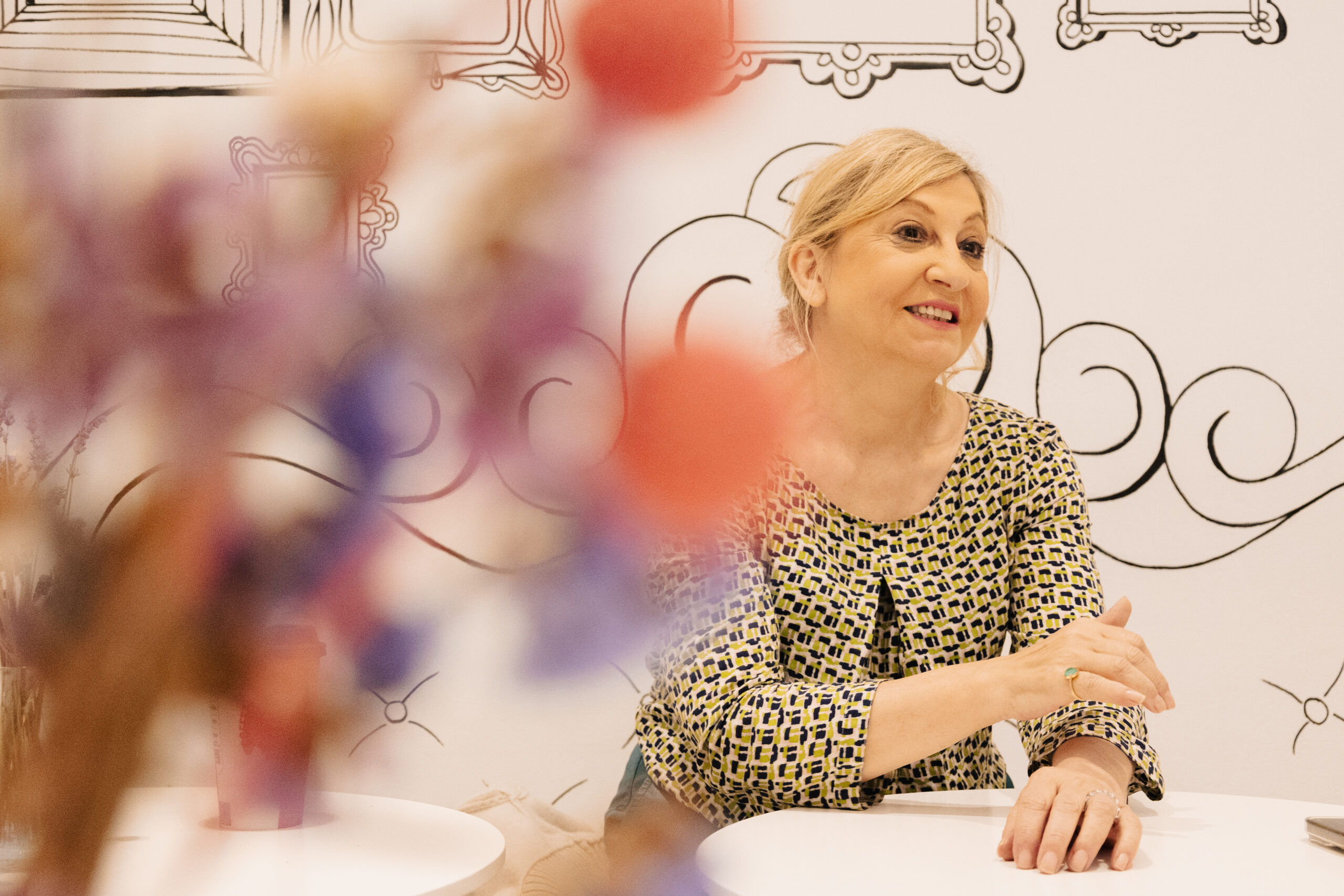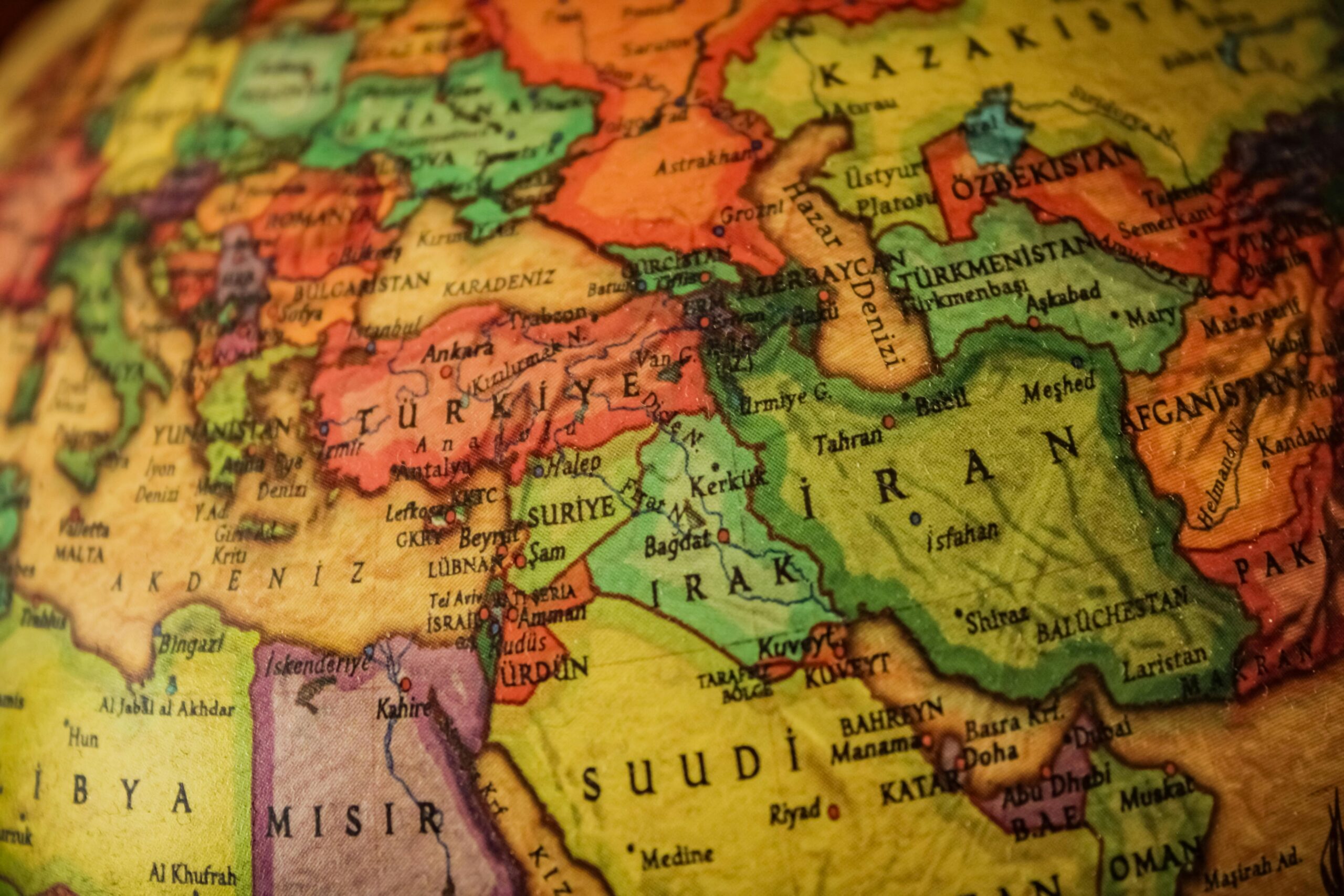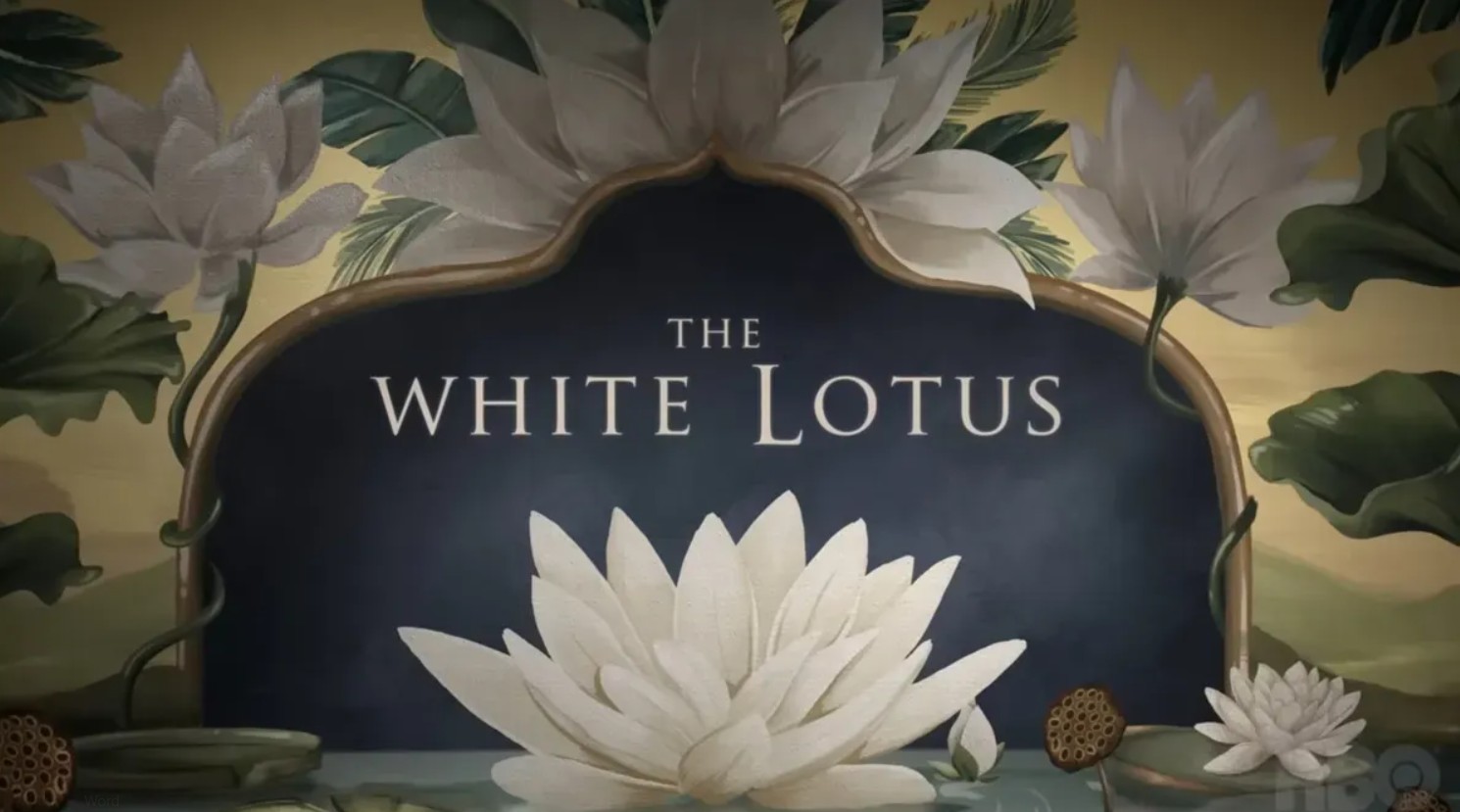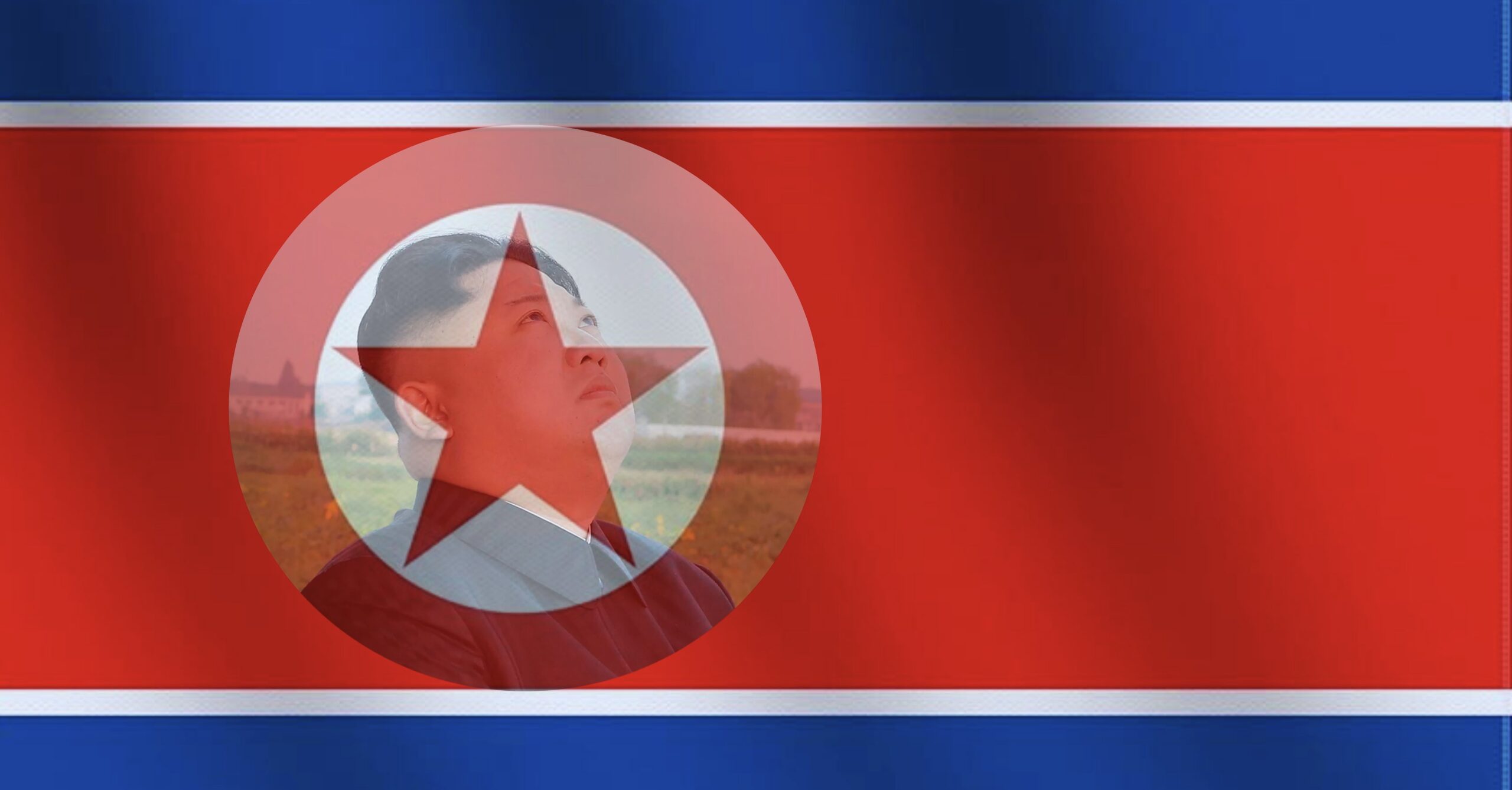24 Mαρτίου 2021
 When looking up the word ‘Diplomacy’ in the dictionary, one comes up with the following clear-cut definition: “The execution of foreign policy in the management of international affairs”. However, is it so easy a task to find out what “Diplomacy”; really means? Theoretically speaking, it is easy to find solutions and overcome problems. Throughout history, working as a diplomat has always involved a great deal of workload, such as much paperwork and bureaucracy. Additionally, besides the theoretical side, diplomacy deals with practical issues which are difficult to keep in balance.
Nowadays, issues, such as international relations, are fragile to touch upon and need tactful control. To a greater extent, it concerns not only foreign politics but also domestic. Anything someone exerts on a daily basis can be characterized as a diplomat move because of the fact that all people interact with each other every day. However, Diplomacy, as a science, has been changing over the course of time. Diplomacy can be the reason why our world is getting both better and worse. A plethora of reasons cultivate the room for success and failure in Diplomacy.
It is widely accepted, as we mentioned above, that diplomatic relations are attributed to the execution of foreign policy in the management of international affairs. Once countries reach an agreement or not during their diplomatic tours, both success and failure may end the negotiations between the two countries or among more. Throughout the years Diplomacy constitutes a two-edged sword and the concrete examples are numerous.
Diplomatic success is a situation during which the countries, developing diplomatic relations, reach an agreement which every side of the negotiations can live with. In every successful diplomatic negotiations every country’s delegate has to give up a little bit and compromise in order to achieve their goal: Management of International Affairs. Successful Diplomacy is distinguished with more interest in establishing a sustainable relationship rather than necessarily tweaking particular details. Patience and dialogue play a crucial role in striving for this target.
When these two ingredients come to an end, there is no chance of getting a “YES” in Diplomacy. As soon as Communication is lost, there are a few possibilities to reach an agreement. The process faces difficulties, in case one or both delegacies, walking away with rivalry, lack ethics. Then, the relations are broken and the delegates do not even discuss by backchanneling. By all means, there is a great number of diplomats who boycott or frustrate the agreements owing to personal interests. History is overflown with such examples.
Both Success and Failure exist in today’s society, always have been a big part of Diplomacy. That’s why we have to address both situations as phenomena and deal with them as long as we can.
How can diplomats control the status quo of diplomacy? Naturally, by becoming a real diplomat. So, the question that arises is what constitutes a real diplomat.
According to François de Callières in 1716, “Diplomacy is a profession by itself, which deserves the same preparation and assiduity of attention that men* give to other recognized professions.” Considering this quotation, one can comprehend the real meaning of Diplomacy. As in other fields, diplomacy constitutes a science in which one can be involved only in case one acquires a plethora of characteristics.
Working in this sector, the diplomat has to be well-round educated and perceive the entire society as a whole entity. In order to exert foreign policy, every diplomat ought to realize the pros and cons of their domestic society. A more practical obligation of diplomats, is to bring together their government’s decision-makers with foreign counterparts.
In a broader context, a good diplomat is characterized with patience, creativity and communication skills. The processes during diplomatic negotiations can be tough and endless because of the rejection of both sides to compromise. A good diplomat waits patiently for the mistakes Then, it is the moment when every good diplomat finds the right timing and plays their cards.
Additionally, creativity plays a major role in today’s diplomacy since diplomats have to survive under any conditions. They need to be flexible and search for ways to avoid severe situations and solve any problem. Irrespective of ideology, nation, religion, diplomats have to be sharp-eyed and communicate with the other delegates as if there is admiration for the other side of the negotiations. That is the key for maintenance and management in Diplomacy.
Taking risks and linking one topic to another one form an indispensable part of diplomatic qualities. As long as Diplomacy touches upon humanitarian issues, it is logical to go to extremes and not always be certain about the end of negotiations.
You can always be a good diplomat, but a diplomatic genius is born, not made. There are many qualities which may be developed with practice, and the greater part of the necessary knowledge can only be acquired by constant application to the subject.
A great analogy for the profession of Diplomacy is written below: “Of survival, it has been said that the bird is evolution’s device for the perpetuation of the egg. Diplomacy, too, must sometimes appear to be the diplomat’s invention for the perpetuation of his profession”
All these characteristic elements can be implemented by diplomats during diplomatic processes. Also, there are instances unimaginable. At a lot of examples one characterized your behavior as you acted as an diplomat. So, is it possible to meet Diplomacy everywhere? From a broader point of view, personally Diplomacy can be found in the majority of sectors. Besides conventional diplomacy among countries and states, there is a plethora of activities outside this context which are worth being mentioned. Non-state centric interaction has been already sovereign in diplomatic affairs for a couple of years. More specifically, every human can search for the characteristic traits of diplomacy in the domains below: intelligence cooperation, military relations, computer networks and databases, UN climate change conferences etc.
This concept of non-state diplomacy dominated as well in the aftermath of globalization, because states interact with each other no longer representatively, but also in a more complex way.
Diplomacy as a science has been evolving since its birth. It is an interchangeable tool which help people evolve as well. In a great number of cases, it struggles with the human nature in order to keep the balance among Earth. Whether it manages to keep it or not, Diplomacy will keep up with the world.
*the word ‘men’ characterizes the people. Texts dating back to the past refer people with the word ‘men’
When looking up the word ‘Diplomacy’ in the dictionary, one comes up with the following clear-cut definition: “The execution of foreign policy in the management of international affairs”. However, is it so easy a task to find out what “Diplomacy”; really means? Theoretically speaking, it is easy to find solutions and overcome problems. Throughout history, working as a diplomat has always involved a great deal of workload, such as much paperwork and bureaucracy. Additionally, besides the theoretical side, diplomacy deals with practical issues which are difficult to keep in balance.
Nowadays, issues, such as international relations, are fragile to touch upon and need tactful control. To a greater extent, it concerns not only foreign politics but also domestic. Anything someone exerts on a daily basis can be characterized as a diplomat move because of the fact that all people interact with each other every day. However, Diplomacy, as a science, has been changing over the course of time. Diplomacy can be the reason why our world is getting both better and worse. A plethora of reasons cultivate the room for success and failure in Diplomacy.
It is widely accepted, as we mentioned above, that diplomatic relations are attributed to the execution of foreign policy in the management of international affairs. Once countries reach an agreement or not during their diplomatic tours, both success and failure may end the negotiations between the two countries or among more. Throughout the years Diplomacy constitutes a two-edged sword and the concrete examples are numerous.
Diplomatic success is a situation during which the countries, developing diplomatic relations, reach an agreement which every side of the negotiations can live with. In every successful diplomatic negotiations every country’s delegate has to give up a little bit and compromise in order to achieve their goal: Management of International Affairs. Successful Diplomacy is distinguished with more interest in establishing a sustainable relationship rather than necessarily tweaking particular details. Patience and dialogue play a crucial role in striving for this target.
When these two ingredients come to an end, there is no chance of getting a “YES” in Diplomacy. As soon as Communication is lost, there are a few possibilities to reach an agreement. The process faces difficulties, in case one or both delegacies, walking away with rivalry, lack ethics. Then, the relations are broken and the delegates do not even discuss by backchanneling. By all means, there is a great number of diplomats who boycott or frustrate the agreements owing to personal interests. History is overflown with such examples.
Both Success and Failure exist in today’s society, always have been a big part of Diplomacy. That’s why we have to address both situations as phenomena and deal with them as long as we can.
How can diplomats control the status quo of diplomacy? Naturally, by becoming a real diplomat. So, the question that arises is what constitutes a real diplomat.
According to François de Callières in 1716, “Diplomacy is a profession by itself, which deserves the same preparation and assiduity of attention that men* give to other recognized professions.” Considering this quotation, one can comprehend the real meaning of Diplomacy. As in other fields, diplomacy constitutes a science in which one can be involved only in case one acquires a plethora of characteristics.
Working in this sector, the diplomat has to be well-round educated and perceive the entire society as a whole entity. In order to exert foreign policy, every diplomat ought to realize the pros and cons of their domestic society. A more practical obligation of diplomats, is to bring together their government’s decision-makers with foreign counterparts.
In a broader context, a good diplomat is characterized with patience, creativity and communication skills. The processes during diplomatic negotiations can be tough and endless because of the rejection of both sides to compromise. A good diplomat waits patiently for the mistakes Then, it is the moment when every good diplomat finds the right timing and plays their cards.
Additionally, creativity plays a major role in today’s diplomacy since diplomats have to survive under any conditions. They need to be flexible and search for ways to avoid severe situations and solve any problem. Irrespective of ideology, nation, religion, diplomats have to be sharp-eyed and communicate with the other delegates as if there is admiration for the other side of the negotiations. That is the key for maintenance and management in Diplomacy.
Taking risks and linking one topic to another one form an indispensable part of diplomatic qualities. As long as Diplomacy touches upon humanitarian issues, it is logical to go to extremes and not always be certain about the end of negotiations.
You can always be a good diplomat, but a diplomatic genius is born, not made. There are many qualities which may be developed with practice, and the greater part of the necessary knowledge can only be acquired by constant application to the subject.
A great analogy for the profession of Diplomacy is written below: “Of survival, it has been said that the bird is evolution’s device for the perpetuation of the egg. Diplomacy, too, must sometimes appear to be the diplomat’s invention for the perpetuation of his profession”
All these characteristic elements can be implemented by diplomats during diplomatic processes. Also, there are instances unimaginable. At a lot of examples one characterized your behavior as you acted as an diplomat. So, is it possible to meet Diplomacy everywhere? From a broader point of view, personally Diplomacy can be found in the majority of sectors. Besides conventional diplomacy among countries and states, there is a plethora of activities outside this context which are worth being mentioned. Non-state centric interaction has been already sovereign in diplomatic affairs for a couple of years. More specifically, every human can search for the characteristic traits of diplomacy in the domains below: intelligence cooperation, military relations, computer networks and databases, UN climate change conferences etc.
This concept of non-state diplomacy dominated as well in the aftermath of globalization, because states interact with each other no longer representatively, but also in a more complex way.
Diplomacy as a science has been evolving since its birth. It is an interchangeable tool which help people evolve as well. In a great number of cases, it struggles with the human nature in order to keep the balance among Earth. Whether it manages to keep it or not, Diplomacy will keep up with the world.
*the word ‘men’ characterizes the people. Texts dating back to the past refer people with the word ‘men’
 When looking up the word ‘Diplomacy’ in the dictionary, one comes up with the following clear-cut definition: “The execution of foreign policy in the management of international affairs”. However, is it so easy a task to find out what “Diplomacy”; really means? Theoretically speaking, it is easy to find solutions and overcome problems. Throughout history, working as a diplomat has always involved a great deal of workload, such as much paperwork and bureaucracy. Additionally, besides the theoretical side, diplomacy deals with practical issues which are difficult to keep in balance.
Nowadays, issues, such as international relations, are fragile to touch upon and need tactful control. To a greater extent, it concerns not only foreign politics but also domestic. Anything someone exerts on a daily basis can be characterized as a diplomat move because of the fact that all people interact with each other every day. However, Diplomacy, as a science, has been changing over the course of time. Diplomacy can be the reason why our world is getting both better and worse. A plethora of reasons cultivate the room for success and failure in Diplomacy.
It is widely accepted, as we mentioned above, that diplomatic relations are attributed to the execution of foreign policy in the management of international affairs. Once countries reach an agreement or not during their diplomatic tours, both success and failure may end the negotiations between the two countries or among more. Throughout the years Diplomacy constitutes a two-edged sword and the concrete examples are numerous.
Diplomatic success is a situation during which the countries, developing diplomatic relations, reach an agreement which every side of the negotiations can live with. In every successful diplomatic negotiations every country’s delegate has to give up a little bit and compromise in order to achieve their goal: Management of International Affairs. Successful Diplomacy is distinguished with more interest in establishing a sustainable relationship rather than necessarily tweaking particular details. Patience and dialogue play a crucial role in striving for this target.
When these two ingredients come to an end, there is no chance of getting a “YES” in Diplomacy. As soon as Communication is lost, there are a few possibilities to reach an agreement. The process faces difficulties, in case one or both delegacies, walking away with rivalry, lack ethics. Then, the relations are broken and the delegates do not even discuss by backchanneling. By all means, there is a great number of diplomats who boycott or frustrate the agreements owing to personal interests. History is overflown with such examples.
Both Success and Failure exist in today’s society, always have been a big part of Diplomacy. That’s why we have to address both situations as phenomena and deal with them as long as we can.
How can diplomats control the status quo of diplomacy? Naturally, by becoming a real diplomat. So, the question that arises is what constitutes a real diplomat.
According to François de Callières in 1716, “Diplomacy is a profession by itself, which deserves the same preparation and assiduity of attention that men* give to other recognized professions.” Considering this quotation, one can comprehend the real meaning of Diplomacy. As in other fields, diplomacy constitutes a science in which one can be involved only in case one acquires a plethora of characteristics.
Working in this sector, the diplomat has to be well-round educated and perceive the entire society as a whole entity. In order to exert foreign policy, every diplomat ought to realize the pros and cons of their domestic society. A more practical obligation of diplomats, is to bring together their government’s decision-makers with foreign counterparts.
In a broader context, a good diplomat is characterized with patience, creativity and communication skills. The processes during diplomatic negotiations can be tough and endless because of the rejection of both sides to compromise. A good diplomat waits patiently for the mistakes Then, it is the moment when every good diplomat finds the right timing and plays their cards.
Additionally, creativity plays a major role in today’s diplomacy since diplomats have to survive under any conditions. They need to be flexible and search for ways to avoid severe situations and solve any problem. Irrespective of ideology, nation, religion, diplomats have to be sharp-eyed and communicate with the other delegates as if there is admiration for the other side of the negotiations. That is the key for maintenance and management in Diplomacy.
Taking risks and linking one topic to another one form an indispensable part of diplomatic qualities. As long as Diplomacy touches upon humanitarian issues, it is logical to go to extremes and not always be certain about the end of negotiations.
You can always be a good diplomat, but a diplomatic genius is born, not made. There are many qualities which may be developed with practice, and the greater part of the necessary knowledge can only be acquired by constant application to the subject.
A great analogy for the profession of Diplomacy is written below: “Of survival, it has been said that the bird is evolution’s device for the perpetuation of the egg. Diplomacy, too, must sometimes appear to be the diplomat’s invention for the perpetuation of his profession”
All these characteristic elements can be implemented by diplomats during diplomatic processes. Also, there are instances unimaginable. At a lot of examples one characterized your behavior as you acted as an diplomat. So, is it possible to meet Diplomacy everywhere? From a broader point of view, personally Diplomacy can be found in the majority of sectors. Besides conventional diplomacy among countries and states, there is a plethora of activities outside this context which are worth being mentioned. Non-state centric interaction has been already sovereign in diplomatic affairs for a couple of years. More specifically, every human can search for the characteristic traits of diplomacy in the domains below: intelligence cooperation, military relations, computer networks and databases, UN climate change conferences etc.
This concept of non-state diplomacy dominated as well in the aftermath of globalization, because states interact with each other no longer representatively, but also in a more complex way.
Diplomacy as a science has been evolving since its birth. It is an interchangeable tool which help people evolve as well. In a great number of cases, it struggles with the human nature in order to keep the balance among Earth. Whether it manages to keep it or not, Diplomacy will keep up with the world.
*the word ‘men’ characterizes the people. Texts dating back to the past refer people with the word ‘men’
When looking up the word ‘Diplomacy’ in the dictionary, one comes up with the following clear-cut definition: “The execution of foreign policy in the management of international affairs”. However, is it so easy a task to find out what “Diplomacy”; really means? Theoretically speaking, it is easy to find solutions and overcome problems. Throughout history, working as a diplomat has always involved a great deal of workload, such as much paperwork and bureaucracy. Additionally, besides the theoretical side, diplomacy deals with practical issues which are difficult to keep in balance.
Nowadays, issues, such as international relations, are fragile to touch upon and need tactful control. To a greater extent, it concerns not only foreign politics but also domestic. Anything someone exerts on a daily basis can be characterized as a diplomat move because of the fact that all people interact with each other every day. However, Diplomacy, as a science, has been changing over the course of time. Diplomacy can be the reason why our world is getting both better and worse. A plethora of reasons cultivate the room for success and failure in Diplomacy.
It is widely accepted, as we mentioned above, that diplomatic relations are attributed to the execution of foreign policy in the management of international affairs. Once countries reach an agreement or not during their diplomatic tours, both success and failure may end the negotiations between the two countries or among more. Throughout the years Diplomacy constitutes a two-edged sword and the concrete examples are numerous.
Diplomatic success is a situation during which the countries, developing diplomatic relations, reach an agreement which every side of the negotiations can live with. In every successful diplomatic negotiations every country’s delegate has to give up a little bit and compromise in order to achieve their goal: Management of International Affairs. Successful Diplomacy is distinguished with more interest in establishing a sustainable relationship rather than necessarily tweaking particular details. Patience and dialogue play a crucial role in striving for this target.
When these two ingredients come to an end, there is no chance of getting a “YES” in Diplomacy. As soon as Communication is lost, there are a few possibilities to reach an agreement. The process faces difficulties, in case one or both delegacies, walking away with rivalry, lack ethics. Then, the relations are broken and the delegates do not even discuss by backchanneling. By all means, there is a great number of diplomats who boycott or frustrate the agreements owing to personal interests. History is overflown with such examples.
Both Success and Failure exist in today’s society, always have been a big part of Diplomacy. That’s why we have to address both situations as phenomena and deal with them as long as we can.
How can diplomats control the status quo of diplomacy? Naturally, by becoming a real diplomat. So, the question that arises is what constitutes a real diplomat.
According to François de Callières in 1716, “Diplomacy is a profession by itself, which deserves the same preparation and assiduity of attention that men* give to other recognized professions.” Considering this quotation, one can comprehend the real meaning of Diplomacy. As in other fields, diplomacy constitutes a science in which one can be involved only in case one acquires a plethora of characteristics.
Working in this sector, the diplomat has to be well-round educated and perceive the entire society as a whole entity. In order to exert foreign policy, every diplomat ought to realize the pros and cons of their domestic society. A more practical obligation of diplomats, is to bring together their government’s decision-makers with foreign counterparts.
In a broader context, a good diplomat is characterized with patience, creativity and communication skills. The processes during diplomatic negotiations can be tough and endless because of the rejection of both sides to compromise. A good diplomat waits patiently for the mistakes Then, it is the moment when every good diplomat finds the right timing and plays their cards.
Additionally, creativity plays a major role in today’s diplomacy since diplomats have to survive under any conditions. They need to be flexible and search for ways to avoid severe situations and solve any problem. Irrespective of ideology, nation, religion, diplomats have to be sharp-eyed and communicate with the other delegates as if there is admiration for the other side of the negotiations. That is the key for maintenance and management in Diplomacy.
Taking risks and linking one topic to another one form an indispensable part of diplomatic qualities. As long as Diplomacy touches upon humanitarian issues, it is logical to go to extremes and not always be certain about the end of negotiations.
You can always be a good diplomat, but a diplomatic genius is born, not made. There are many qualities which may be developed with practice, and the greater part of the necessary knowledge can only be acquired by constant application to the subject.
A great analogy for the profession of Diplomacy is written below: “Of survival, it has been said that the bird is evolution’s device for the perpetuation of the egg. Diplomacy, too, must sometimes appear to be the diplomat’s invention for the perpetuation of his profession”
All these characteristic elements can be implemented by diplomats during diplomatic processes. Also, there are instances unimaginable. At a lot of examples one characterized your behavior as you acted as an diplomat. So, is it possible to meet Diplomacy everywhere? From a broader point of view, personally Diplomacy can be found in the majority of sectors. Besides conventional diplomacy among countries and states, there is a plethora of activities outside this context which are worth being mentioned. Non-state centric interaction has been already sovereign in diplomatic affairs for a couple of years. More specifically, every human can search for the characteristic traits of diplomacy in the domains below: intelligence cooperation, military relations, computer networks and databases, UN climate change conferences etc.
This concept of non-state diplomacy dominated as well in the aftermath of globalization, because states interact with each other no longer representatively, but also in a more complex way.
Diplomacy as a science has been evolving since its birth. It is an interchangeable tool which help people evolve as well. In a great number of cases, it struggles with the human nature in order to keep the balance among Earth. Whether it manages to keep it or not, Diplomacy will keep up with the world.
*the word ‘men’ characterizes the people. Texts dating back to the past refer people with the word ‘men’ 








